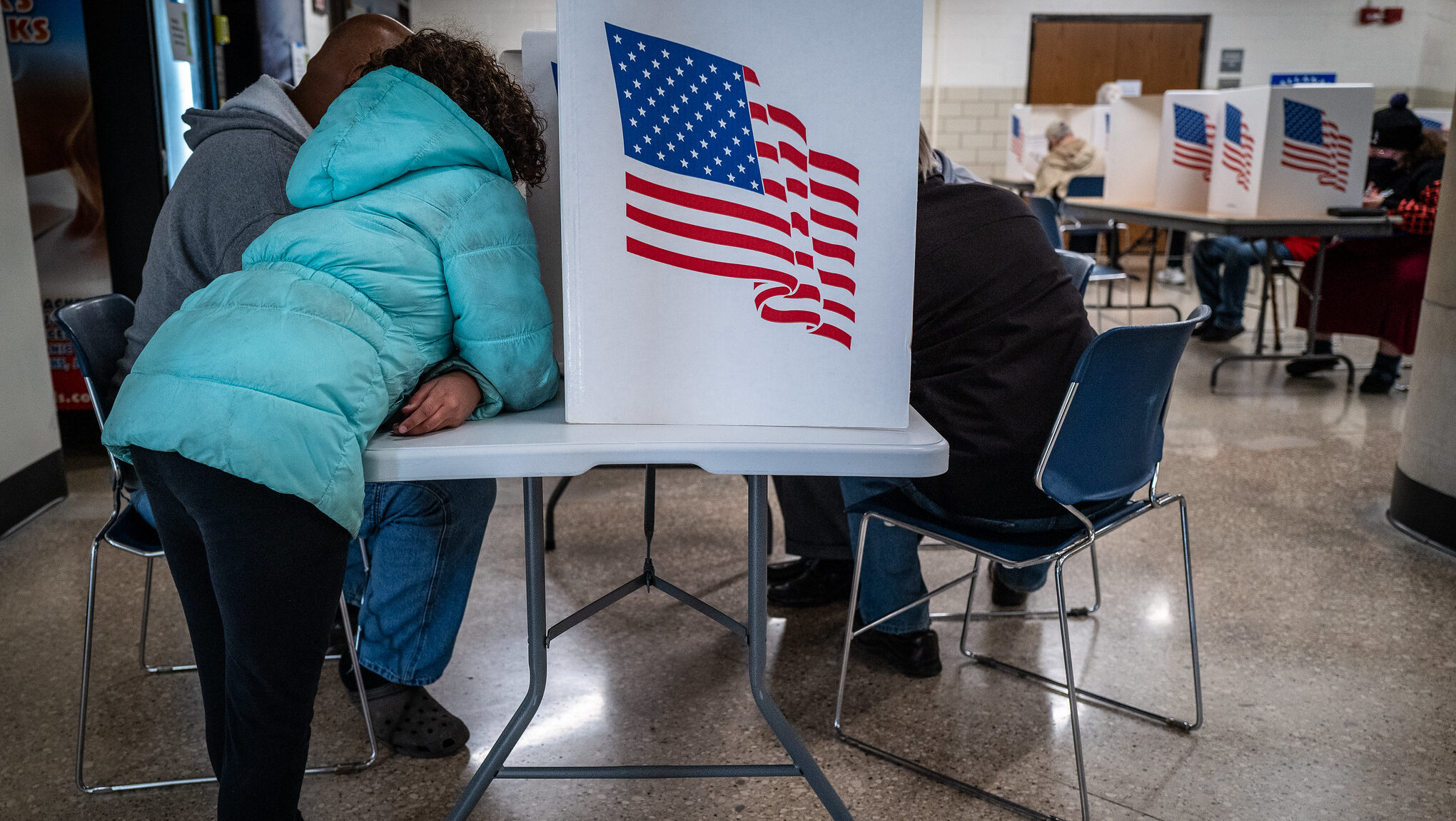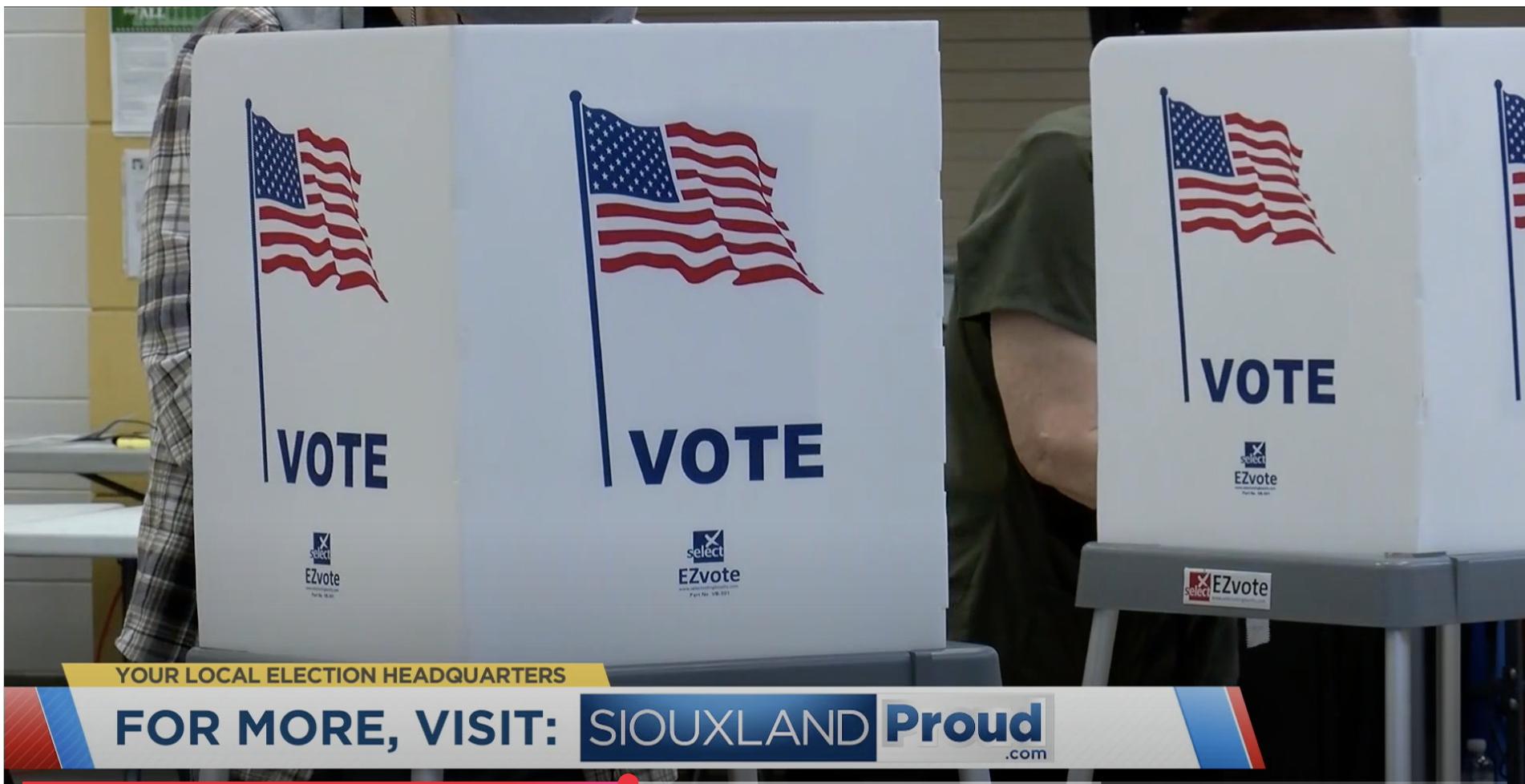MI Elections Chief Tries To Rush Potentially ‘Illegal’ Election Rules
Michigan Secretary of State Jocelyn Benson is facing scrutiny for attempting to implement new election rules linked to recently passed legislation (Senate Bill 603) ahead of the November 2024 general election, even though the law is not set to take effect until next year. SB 603, signed by Democratic Governor Gretchen Whitmer, reorganizes election laws and delineates the powers of state election officials. Despite the ongoing legislative session, Benson’s office is pushing for rules concerning election recounts that significantly limit recount opportunities and reconfigure the authority of canvassers.
The rules were submitted for public comment shortly before the bill was signed and have garnered approval from a bipartisan Board of State Canvassers. Critics, including Michigan Fair Elections founder Patrice Johnson, argue that these rules centralize electoral power and diminish the decentralized nature of Michigan’s election system.
Further concerns have been raised regarding a second set of rules focused on electronic voting systems, lacking adequate security protocols according to former state senator Patrick Colbeck. The Republican National Committee has threatened legal action against Benson, asserting her actions are illegal and undermine election integrity. They claim her push for new regulations before the effective date of SB 603 represents a continued overreach.
the situation reflects ongoing tensions in Michigan’s political landscape, with accusations of undermining election safeguards in the lead-up to a crucial presidential election.
After Michigan’s Democrat-led legislature passed sweeping changes to Michigan elections, Michigan Secretary of State Jocelyn Benson is attempting to implement corresponding potentially “illegal” new rules before the November general election, even though the law isn’t set to go into effect until next year.
Senate Bill 603 (SB 603), which acts in part to “reorganize, consolidate, and add to the election laws,” as well as “provide for election officials and prescribe the powers and duties of certain state departments, state agencies, and state and local officials and employees,” was signed into law by Democrat Gov. Gretchen Whitmer last month.
The bill’s effective date is 91 days after the final adjournment of the 2024 regular session. Because the legislative session is still ongoing, the bill will not go into effect until well beyond the November election. Nonetheless, confident of the bill’s passage and eager to expedite implementation, Benson’s office already had a first set of rules relating to the conduct of election recounts in the can and ready for public comment before Gov. Gretchen Whitmer even signed SB 603 into law on July 8.
A mandatory hearing for comment on this set of rules — which reflect the new law’s provisions drastically limiting the opportunity for recounts, the definition of fraud, and the ability of canvassers to investigate — was set for June 17. The SB 603 rules were then also sent to Michigan’s Board of State Canvassers for approval.
The board, composed of two Republicans and two Democrats appointed by Gov. Whitmer, gave the green light to Benson’s rules within two weeks of the bill being signed into law. Neither of the Republicans, Richard Houskamp and Anthony Daunt, responded to a request for comment regarding the approval of the rules.
The new board-approved rules regarding the conduct of election recounts concentrate power at the state and county levels. Michigan Fair Elections Founder Patrice Johnson noted this potential danger.
“The strength of our election system is that it is decentralized. This is an effort to centralize and move these activities to the county level,” she said. “There’s only one reason they want to implement these rules early. They want to eliminate the risk of effective recount.”
The hearing for a second set of rules, focusing on electronic voting systems, was scheduled for last Friday.
In his prepared remarks for the hearing which he shared with the Elections and Campaign Finance Committee, former state senator for Michigan’s 7th District and Republican Patrick Colbeck pointed out that “there is notably zero mention of best practices regarding security protocols for electronic systems,” and that there are “zero references to their digital record equivalents such as user account, device access or network security protocols.”
Colbeck, in addition to his service in state government, is the author of the book, The 2020 Coup: What Happened. What We Can Do.
“It appeared to be a rubber stamp for their [Secretary of State’s] rules,” Colbeck told me in the days following Friday’s hearing. “I submitted 126 pages of revisions; and if they aren’t adopted into the rules, they will likely be introduced as a court exhibit in a lawsuit. They’ve demonstrated a predisposition to ignoring the law, and we need to hold them accountable.”
Benson’s History of Overreach and Dirty Tricks
In an effort to stop Benson from implementing the first set of rules related to the conduct of election recounts ahead of November, the Republican National Committee (RNC) has threatened legal action. In an Aug. 7 communication, Luke Bunting of the RNC Election Integrity Counsel told Benson to “cease any attempt to adopt the proposed administrative ruleset … before the upcoming general election on November 5, 2024, or any other time prior to the effective date of Senate Bill 603, the statutory framework the proposed ruleset is designed to implement.”
“The disastrous SB 603 bill, which should never have been signed into law, does not go into effect until next year,” Gineen Bresso, Election Integrity Director for the RNC and Trump Campaign, told me in a statement. “Yet Jocelyn Benson has decided she can operate above and outside existing law, ram through illegal changes, and further weaken the remaining safeguards in Michigan.”
“It is no surprise that Jocelyn Benson has lived up to her record undermining election integrity and it is no coincidence that she is pushing these new regulations right before the presidential election,” Bresso continued. “We have demanded an immediate end to this brazen attack on Michigan’s elections, and will pursue every avenue to ensure she follows the law.”
Benson holds a record for administrative overreach. She has lost multiple election-related lawsuits, making her one of the state’s biggest legal losers.
In the most recent case, Benson issued “guidelines” to the state’s clerks, telling them to presume validity of the signatures on all absentee ballots. The RNC sued Benson and won, and a Michigan Court of Claims judge ordered Benson to remove the presumption of signature validity language from the clerks’ guidelines. However, for the 2024 presidential primary in February, those guidelines had already been in effect.
Benson’s office did not respond when asked about the RNC’s allegations regarding the push to implement the new rules.
The RNC has a track record of legal victory over Benson, but there’s no guarantee a legal remedy to this latest example of administrative overreach will come in time for the election.
“This secretary of state has made it a pattern to make rules that violate the law,” Michigan State Sen. Ruth Johnson, a Republican and former Michigan secretary of state, said of Benson in a statement to me. “Unfortunately, often by the time courts strike these rules down they’ve already been in force for an election. It’s gaming the system really.”
Kristine Christlieb is a senior correspondent for Michigan Fair Elections.
" Conservative News Daily does not always share or support the views and opinions expressed here; they are just those of the writer."





Now loading...